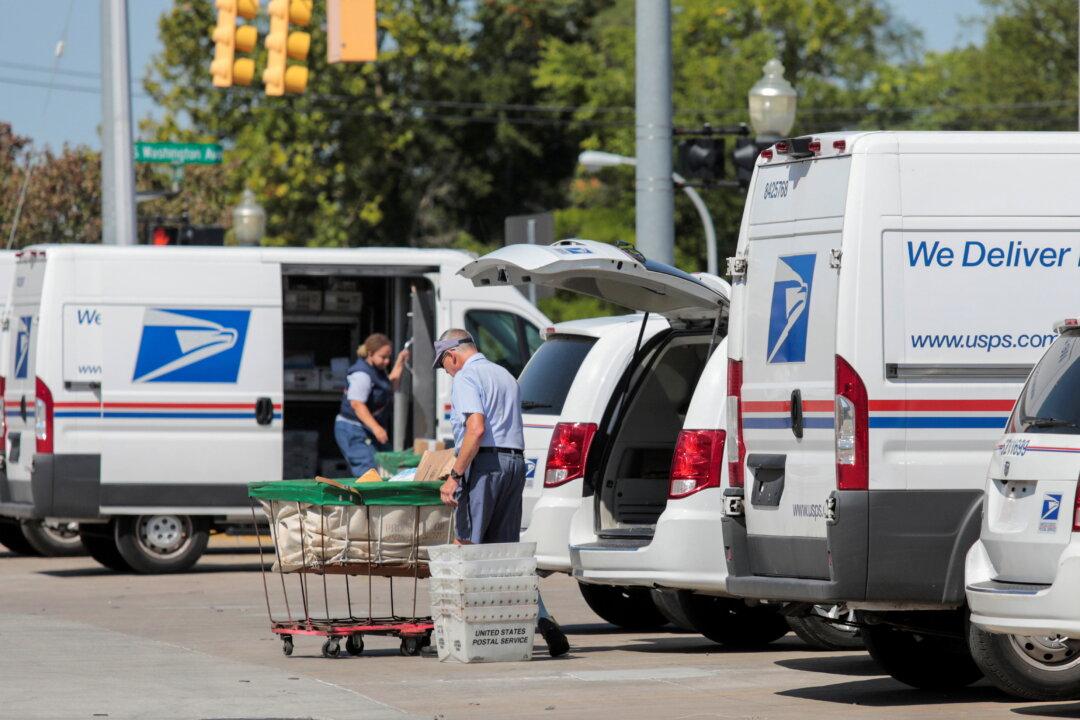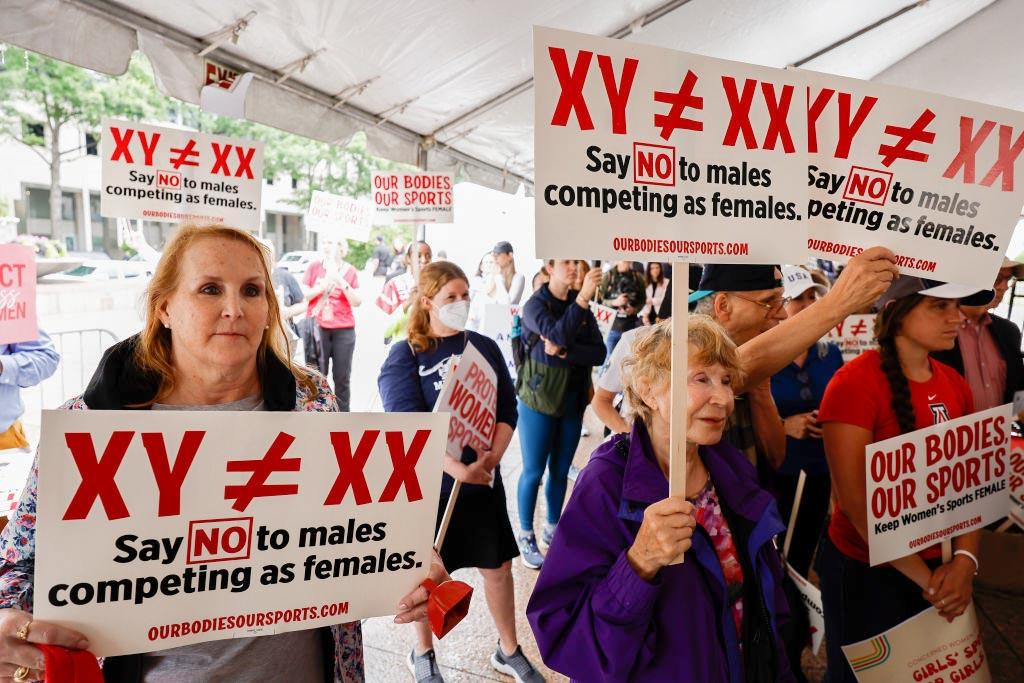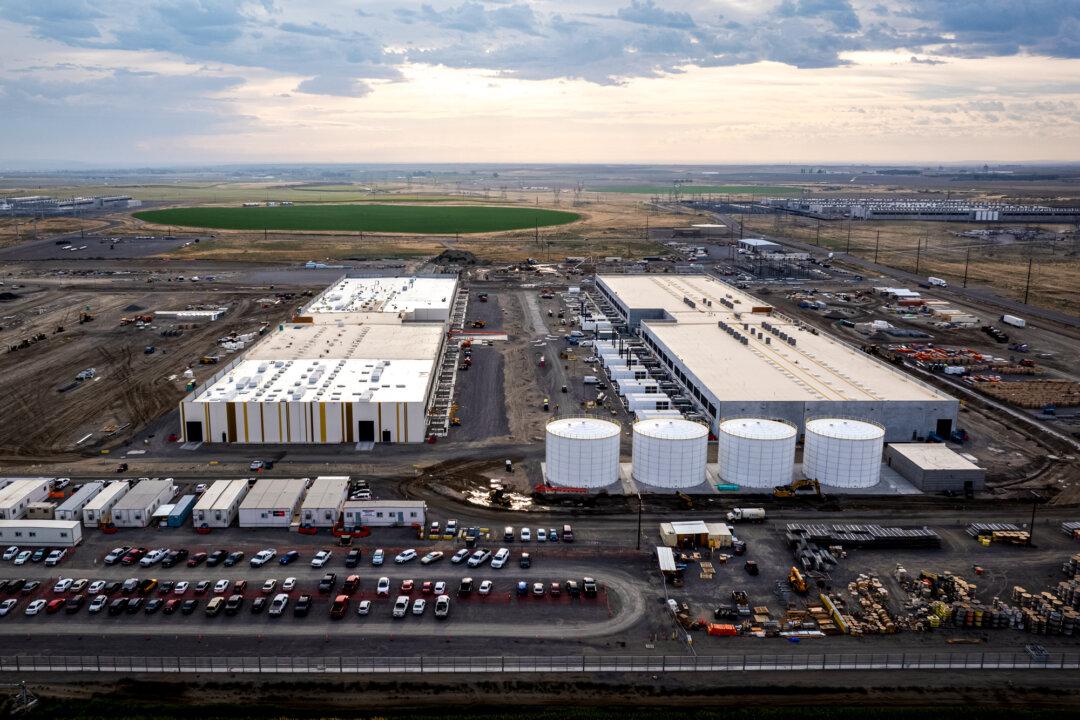Post offices in two Oregon counties have caused delays in getting ballots from local post offices to county election offices ahead of the May 21 primary election in the vote-by-mail state.
After learning from county election clerks that ballot returns were lower than expected and some post offices across the state were delaying delivery of completed ballots, Oregon election officials met with USPS representatives on May 16 to address the issue.





